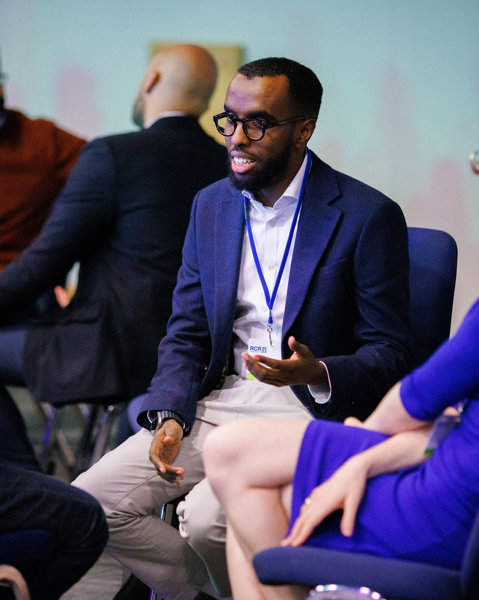
Get involved
Elected roles
Details of previous and upcoming elections for roles at The RCR.
Appointed roles
Would you like to help guide the future direction of our work and your specialty?
Contribute your expertise
There are many ways to contribute to your specialty and to the work of the College. Your involvement will strengthen our impact and support the delivery of safe, high-quality patient care.
Mentoring schemes
Details of mentoring schemes designed to support those in our specialties at every stage in their career.
Clinical Fellowships
The RCR occasionally has opportunities for members and Fellows to take up a project or activity as an RCR Clinical Fellow. Such opportunities will be advertised here when available.
Become a lay member
We benefit hugely from the contribution that lay people make to our discussions and decisions.
RCR Contributors
RCR contributors: Contributor handbook
Welcome to The Royal College of Radiologists (RCR) and thank you so much for giving your time voluntarily to further our work so together we can support excellence in medical imaging and cancer treatment.
RCR contributors: Contributor code of conduct
The RCR values greatly the time its members, Fellows and external contributors give to the College.
RCR contributors: Problem Solving Policy and process
Contributors are vital to the RCR and play a key role in supporting excellence in medical imaging and cancer treatment.
RCR contributors: Whistleblowing policy
Contributors who have concerns about any activity of the RCR can raise these through our whistleblowing process.
About us
We are The Royal College of Radiologists – the leading professional membership body for clinical radiologists and clinical oncologists, supporting doctors throughout their career so that they can make a real difference.
